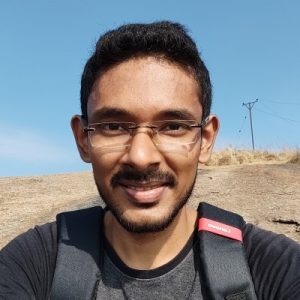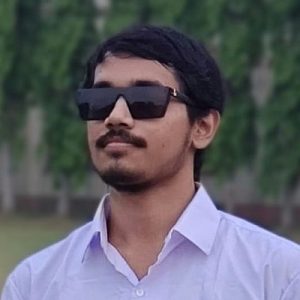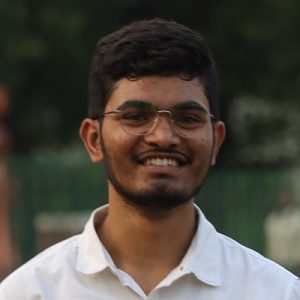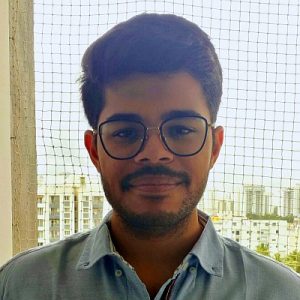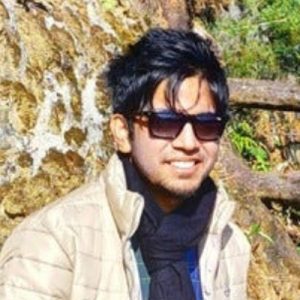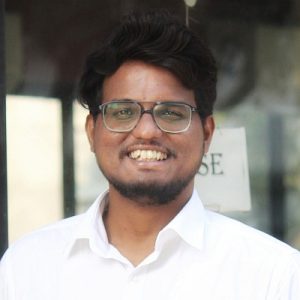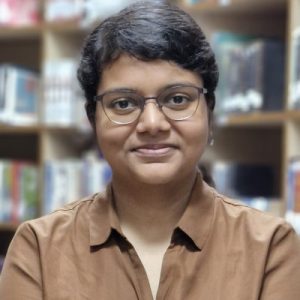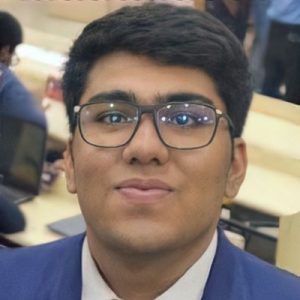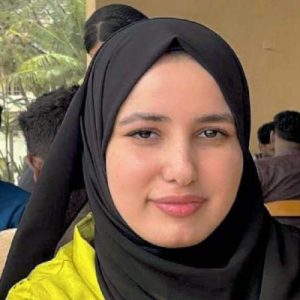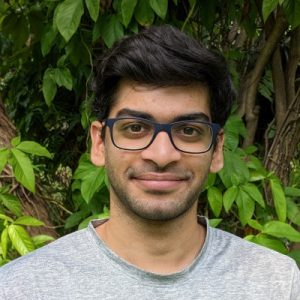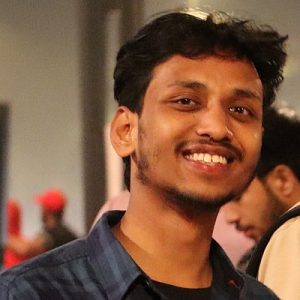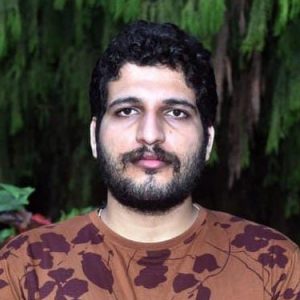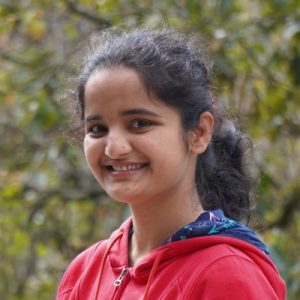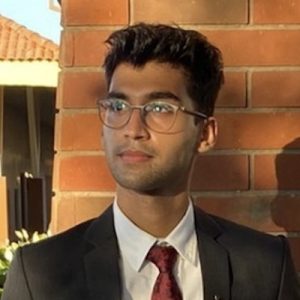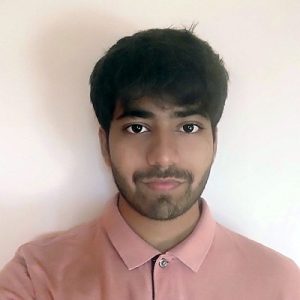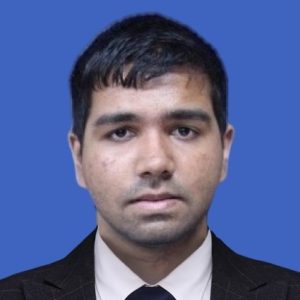– 25–27 July 2024
The Cyber-Physical Systems Symposium (CyPhySS), India’s largest annual summit focussing on cyber-physical systems (CPS), serves as a pivotal platform for researchers, industry leaders, and academic professionals, both domestic and international, to discuss the latest advancements, research endeavours, and best practices in robotics, control, and artificial intelligence as applied to various sectors including industry, space, agriculture, and socio-technical systems such as energy, mobility, smart grid, and smart cities.
The theme of the eighth Cyber-Physical Systems Symposium (CyPhySS 2024) was ‘Robotics, Control and AI’ and was hosted by the Robert Bosch Centre for Cyber-Physical Systems at the Indian Institute of Science, Bengaluru during 25–27 July 2024. The three-day event had many talks, public lectures, tutorial sessions, student presentations, and poster presentations.
The speakers were from around the world and from both academia and industry. The keynote speeches were on ‘Security of Cyber-Physical Systems: Theory and Applications of the Dynamic Watermarking Method’ by P R Kumar (Distinguished Professor, Texas A&M University, USA), ‘Resilience and Distributed Decision-making in a Renewable-rich Power Grid’ by Anuradha Annaswamy (Professor, Massachusetts Institute of Technology, USA), and ‘Bridging the Innovation Gap: The ongoing story of ARTPARK’ by Bharadwaj Amrutur (Professor, IISc and Executive Director, ARTPARK). There were three tutorial sessions with speeches by Adnane Saoud (Associate Professor, University Mohammed VI Polytechnic, Morocco) on ‘Assume-guarantee contracts for Control: From Continuous to Hybrid Systems and from Safety to Temporal Logic Specifications’, Mayank Baranwal (Senior Scientist, TCS Research) on ‘Reinforcement Learning: Connecting AI Innovations to Practical Solutions’, and Hrishikesh Venkataraman (Associate Professor, IIIT Sri City) on ‘Smart Transportation and Hard Real-Time Cyber Physical System: Challenges and Opportunities’. Some of the invited speakers were Mini C Rai (Professor, University of Lincoln, UK) who spoke on ‘In-Orbit Assembly Missions: Advancements in Robotics, Automation and AI’ and Arjun Jain (Founder and CEO, Fast Code AI) who spoke on ‘Autonomy at Scale: Where Are We Headed?’.
The student speakers were from across India and spoke on topics such as ‘Three-Dimensional Nonlinear Impact Time Guidance Considering Field-of-View Constraints’, ‘Graph-based Prediction and Planning Policy Network (GP3Net) for Scalable Self-Driving in Dynamic Environments using Deep Reinforcement Learning’, ‘MRFP: Learning Generalizable Semantic Segmentation from Sim-2-Real with MultiResolution Feature Perturbation’, and ‘Design and development of a Web-APP based User Interface to control and operate an Automated Mobile Robot’.
The diamond sponsors of the event were ARTPARK (AI & Robotics Technology Park), IISc and Addverb Technologies Limited, Uttar Pradesh. The other sponsors were Tata Elxsi, Kotak IISc AI–ML Centre, CNI (Centre for Networked Intelligence, IISc), and CBR (Centre for Brain Research, IISc).
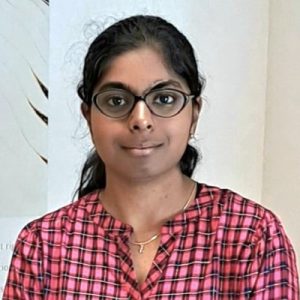 I joined the BTech programme in Mathematics and Computing at the Indian Institute of Science in 2022. My faculty advisor, Professor Viraj Kumar, has guided my academic journey, and I had the opportunity to work under his mentorship during the summer of 2024.
I joined the BTech programme in Mathematics and Computing at the Indian Institute of Science in 2022. My faculty advisor, Professor Viraj Kumar, has guided my academic journey, and I had the opportunity to work under his mentorship during the summer of 2024.
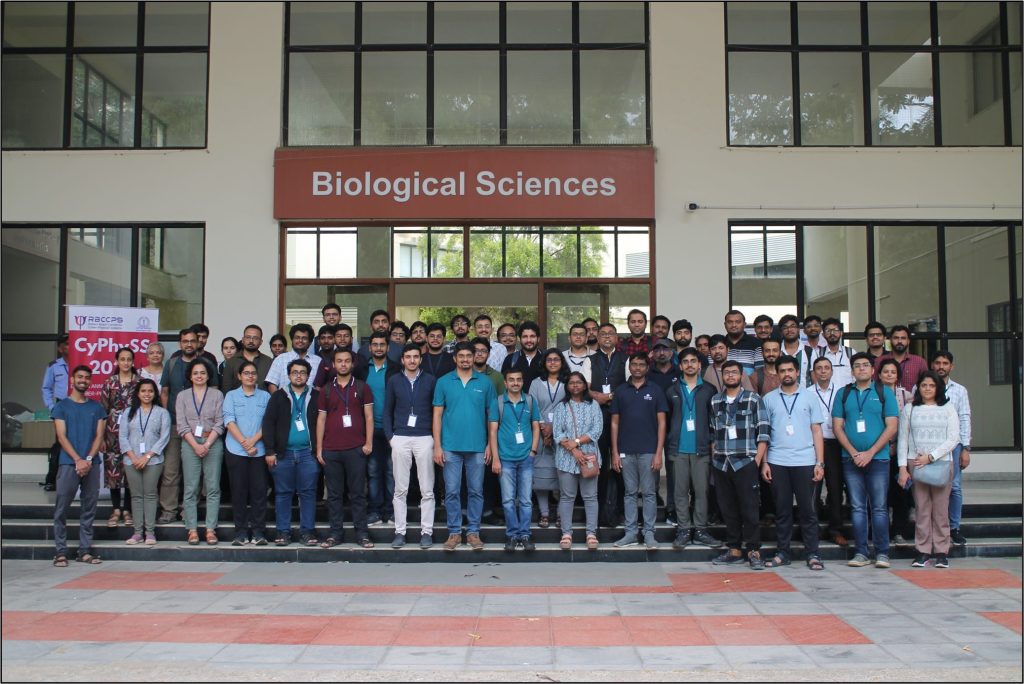
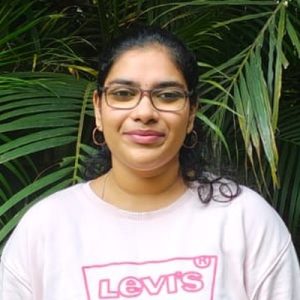 I joined BTech at IISc in 2024.
I joined BTech at IISc in 2024.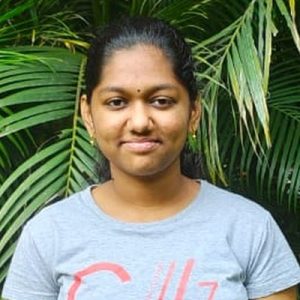
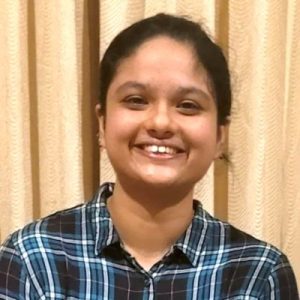
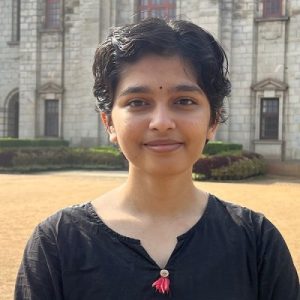
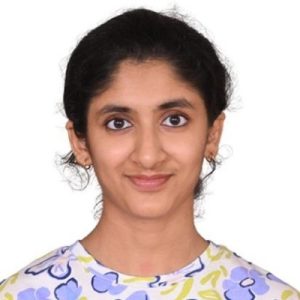
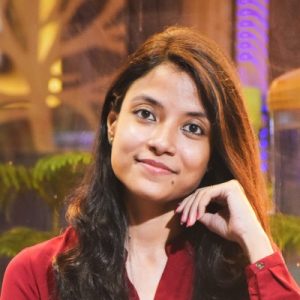
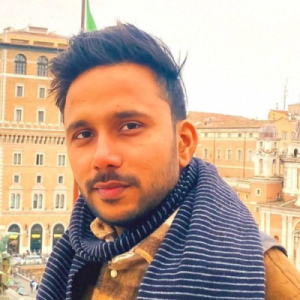
 I joined the BTech programme in 2024. My faculty advisor is Professor Viraj Kumar. I am interested in computer science and would like to do research in computer science in the future.
I joined the BTech programme in 2024. My faculty advisor is Professor Viraj Kumar. I am interested in computer science and would like to do research in computer science in the future. Anmol Gill pursues the MTech (Artificial Intelligence) programme at IISc, in the Robert Bosch Centre for Cyber-Physical Systems (
Anmol Gill pursues the MTech (Artificial Intelligence) programme at IISc, in the Robert Bosch Centre for Cyber-Physical Systems (

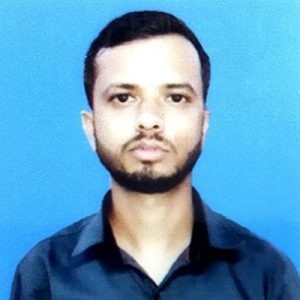
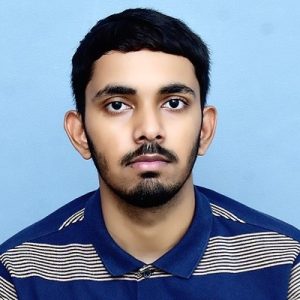
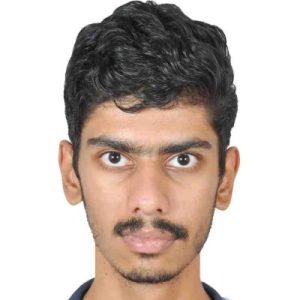

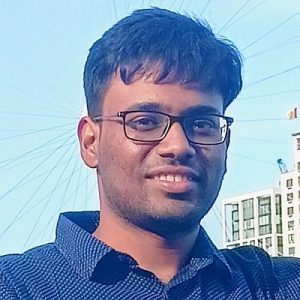


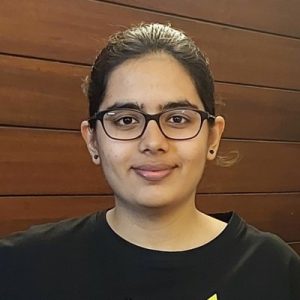
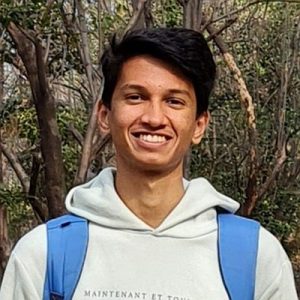
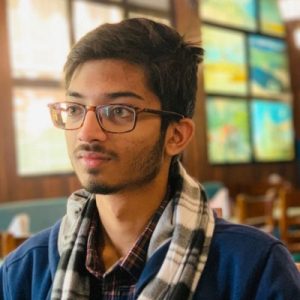

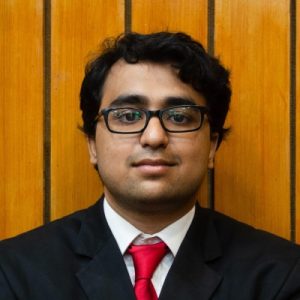
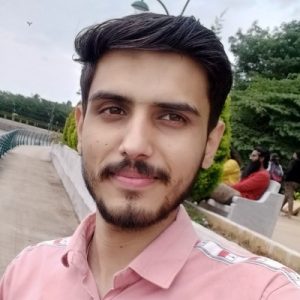
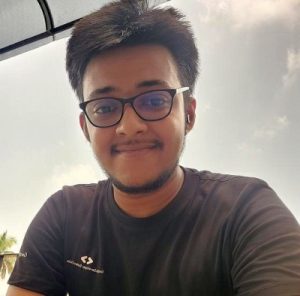
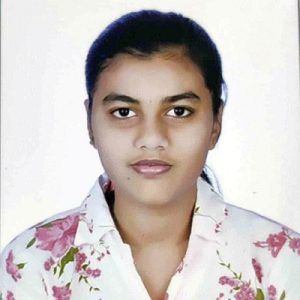
 I recently completed my BTech in August 2024 from the Vellore Institute of Technology, Chennai, with a major in Electronics and Communication Engineering. From May 2024, I am a research intern, supported by the Kotak-IISc AI/ML Centre, in the Human-Interactive Robotics (HiRo) Lab at the Robert Bosch Centre for Cyber-Physical Systems, IISc. I am working under the guidance of Professor Ravi Prakash. My essential area of interest lies in robot learning, which lies under the general area of AI and robotics.
I recently completed my BTech in August 2024 from the Vellore Institute of Technology, Chennai, with a major in Electronics and Communication Engineering. From May 2024, I am a research intern, supported by the Kotak-IISc AI/ML Centre, in the Human-Interactive Robotics (HiRo) Lab at the Robert Bosch Centre for Cyber-Physical Systems, IISc. I am working under the guidance of Professor Ravi Prakash. My essential area of interest lies in robot learning, which lies under the general area of AI and robotics.